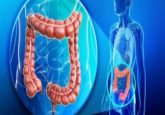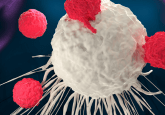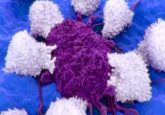Carcinogenicity of processed meat announced by World Health Organization

An evaluation of the carcinogenicity of red meat and processed meat has classified red meat as Grade 2A carcinogenic, i.e., probably carcinogenic to humans, and processed meat as Group 1 carcinogenic, i.e., carcinogenic to humans.
A Working Group of 22 experts from ten countries was established by The International Agency for Research on Cancer (IARC) Monographs Programme to complete this thorough analysis of in excess of 800 studies in order to ascertain the carcinogenicity of these meats. The studies considered the associations of over a dozen types of cancer with the consumption of red meat or processed meat in many countries and populations with diverse diets.
It was concluded that each 50 g portion of processed meat eaten daily increases risk of colorectal cancer by 18%. Processed meats include meat that have undergone salting, curing, fermentation, smoking, or other processes to enhance flavor or improve preservation.
“For an individual, the risk of developing colorectal cancer because of their consumption of processed meat remains small, but this risk increases with the amount of meat consumed,” reported Kurt Straif, Head of the IARC Monographs Programme. “In view of the large number of people who consume processed meat, the global impact on cancer incidence is of public health importance.”
For the purposed of this investigation, red meat included all types of mammalian muscle meat, such as beef, veal, pork, lamb, mutton, horse and goat. The classification of red meat as Group 2A carcinogenic was based on limited evidence for consumption causing cancer in humans and strong mechanistic evidence supporting a carcinogenic effect.
“These findings further support current public health recommendations to limit intake of meat,” commented Christopher Wild, Director of IARC. At the same time, red meat has nutritional value. Therefore, these results are important in enabling governments and international regulatory agencies to conduct risk assessments, in order to balance the risks and benefits of eating red meat and processed meat and to provide the best possible dietary recommendations.”
Source: IARC press release




